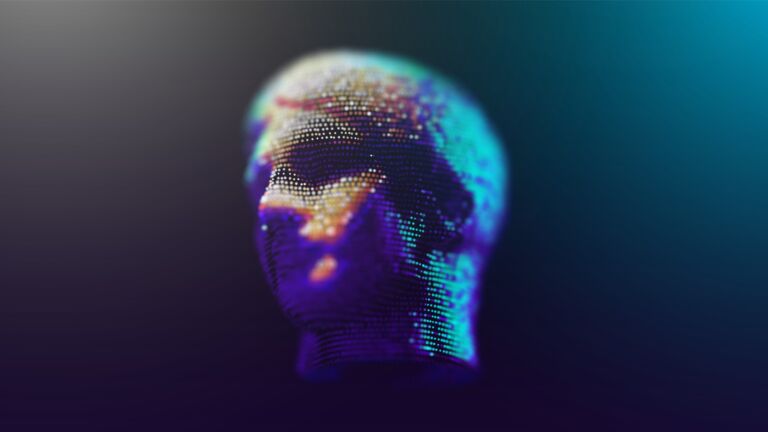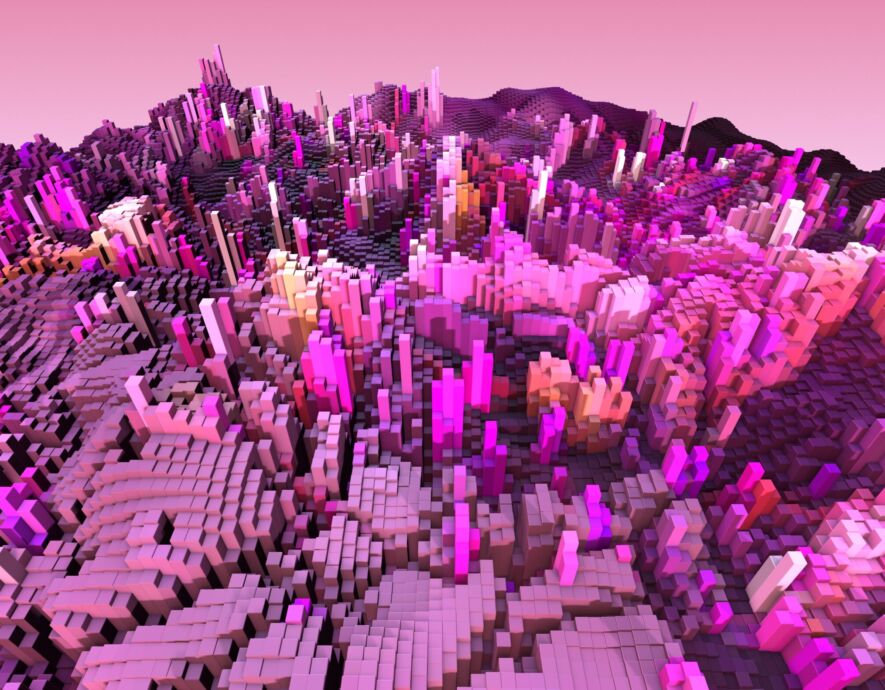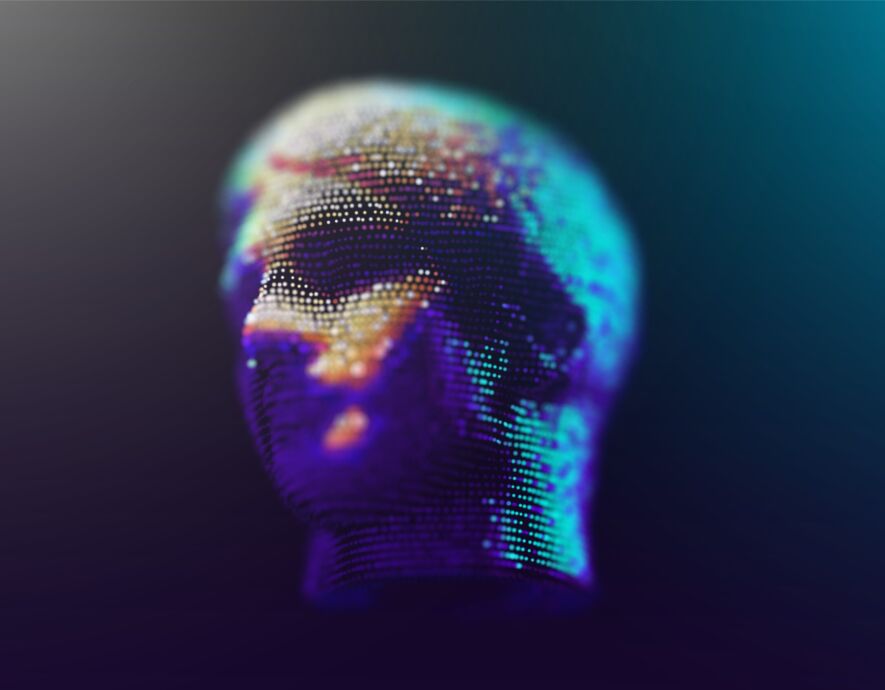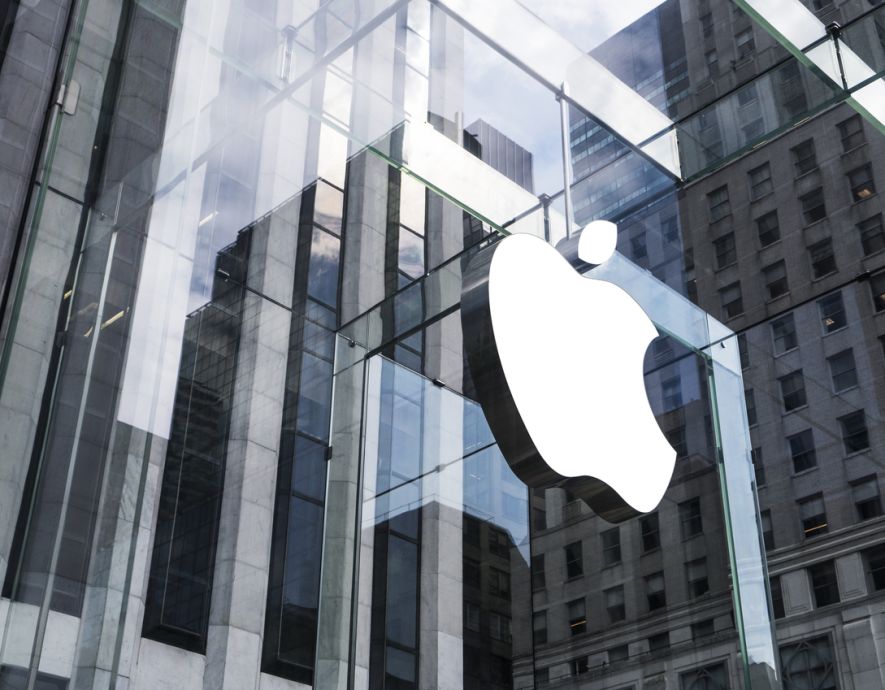
- Home
- Digital transformation
- PhilosoFIC:are generative algorithms accelerators or the gravediggers of human intelligence?
PhilosoFIC:are generative algorithms accelerators or the gravediggers of human intelligence?


The era of artificial intelligence (AI) raises the issue of how we can distinguish between human and artificial intelligence. This crucial issue was at the heart of the round table “PhilosoFIC: Artificial Thinking, or Human Thinking? Our Intelligence in the Face of AI” at the 2024 InCyber Forum. From statements of fact to reactions, from objective observations to perceptions, here are a few thoughts from the 90-minute discussion.
The democratization of access to AI-based tools is revolutionary, but we should not miss the forest for the trees: these systems existed well before ChatGPT came online. Factually speaking, the current revolution stems from the shift from predictive artificial intelligence systems – mainly used in restricted, professional settings – to other, freely available tools that use obscure, generative, non-deterministic algorithms. This aspect alone – a black box whose workings we do not understand – is an issue: should we accept being dependent on such systems?
There is another generative, complex system whose functioning we do not fully understand: the human brain. Does this similarity mean we can conflate artificial intelligence with human (biological) intelligence, bearing in mind that to date, there is still one thing “specific to humans”: our ability to remove ourselves from our reasoning to observe and explain it? Thought and abstraction: Descartes summed all this up in his Cogito ergo sum.
This ability gives humans an enormous advantage over AIs since it allows us to avoid the “hallucinations” that plague artificial generative systems. Since they are unaware of what they are producing, they are unable to write a lipogram – a text in which the author forces themselves to avoid using a particular letter – a clear but anecdotal example – or they generate images of humans with six-fingered hands – an annoying mistake, but useful for debunking a deepfake. And in the absence of objective information, they generate content that has no connection with reality, i.e., “fake” content, which is even more annoying, if not serious. These examples show that generative artificial intelligence’s impact on modern society serves above all as a reminder to never stop questioning human nature and reality.
The consequences of AI and the accelerating evolution of human societies
Since access to generative systems became widespread in 2022, the increasing access to data and data processing by these expert systems has led us to question the very value of human production.
Another acceleration lies in productivity. It has raised the specter of a “great replacement” of human labor by machines. In fact, it seems that a whole other reality is emerging. In fact, when AI is used, it seems to align skills towards the top. In fact, it is the least skilled, the least well-trained of the “old world” who benefit most from the advantages that artificial intelligence offers.
So, at the start of the 21st century, will the use of AI prove to be a powerful teacher? Will the AI era, as we seem to be experiencing it, open new ways to reduce inequality through an effective use of knowledge? As services become hyper-personalized and societies become archipelagos of individuals, it seems that AI could offer teaching systems that are able to adapt to each member of society (AI mentoring).
Ethical and ontological questions
Beyond the ideal (the utopia?) of teaching described above, what advantages could AI offer to humanity? Will these currently free systems replace complex, paid-for services? Will we just become more efficient? And how long will these systems remain free? There is a good chance that AI systems ultimately replicate the economic models used on the Internet: “If it’s free, that means you’re the product“, encouraging us to buy services developed with users as its models.
We should also keep in mind that, for humans, tools shape our intellect. Or, to say it in a more pessimistic way, tools format our reasoning. It is even more crucial that we question how tools impact what is taught since AI tools are adopting the same biases and other shortcomings specific to humans. Remember the images of black Nazis that Gemini generated. How can we guarantee that the lessons taught to future humans will be evaluated objectively?
Legislative and regulatory considerations
All these issues raise the question of what can be done about the market, the framework on which these systems are built. A regulatory approach is one possibility. In Europe, MEPs have worked on a proposal to control artificial intelligence so that it can serve the greatest number of people possible. The goal is to give meaning to AI functions, if only by classifying the risks of using it, so that everyone can make informed decisions.
This approach is also a chance to look at what is happening beyond our borders at the various standards in the US or China. Around AI, we can see the big ideological movements that characterize these countries, from unbridled liberalism to (heavily) state-controlled free enterprise. Is Europe’s response in the AI Act the right one? Only time will tell.
Looking at the legislative process also reminds us that law has a history. The questions raised by artificial intelligence do not always call for new regulations. The current body of law already offers a well-developed framework, even if only because counterfeiting did not begin with AI. The laws on journalism and copyright should be considered first when looking at the abuses related to artificial intelligence. Then, we can examine image rights laws that protect against defamation and identity theft.
Integrating AI: social challenges and perspectives
This regulatory approach calls on us to consider the responsibility of the operators of artificial intelligence systems. This issue is not unlike that of social network operators’ responsibility. Perhaps the regulatory framework on social networks in Europe could inspire what needs to be done for AI, unless the social networking framework could simply be extended to AI.
With its issues of ethics, technology, behavior and regulations, the digitalization of modern society, social networks and artificial intelligences ultimately require us to question what constitutes the social contract. As reality is becoming artificialized, are we in the process of creating a new society?
the newsletter
the newsletter



